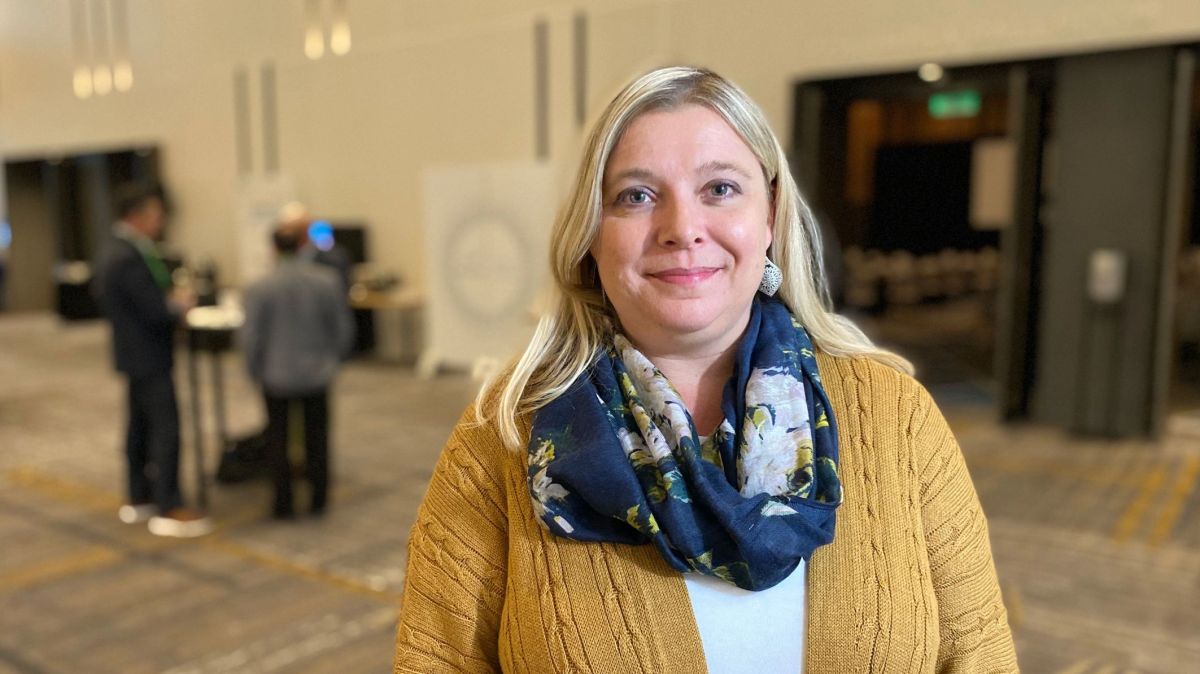New Illinois office boosts contracts for women- and minority-owned IT vendors

The State of Illinois has had a longtime goal of awarding one-fifth of its contract spending to businesses with female or minority owners. But it can sometimes be hard for those companies to break through in government procurement, particularly in fields that can be dominated by a handful of major, multinational corporations — like IT.
To help the Illinois Department of Innovation and Technology meet that 20% level, state Chief Information Officer Jennifer Ricker over the summer set up a new office dedicated to diversifying her agency’s vendor pool and recruited an official from the state’s chief procurement officer to head it up.
“Procurement’s a challenge generally, I don’t think that’s a secret,” Ricker said in an interview. “Even more so if you’re a smaller firm trying to get into the government space, particularly in technology where it’s dominated by pretty big players.”
While Ricker acknowledged “we’ll always need” major corporate vendors, she said she’s tried to place a priority on finding smaller companies that qualify for the state’s business enterprise program and helping them navigate the procurement process. In July, she created the new Office of Supplier Diversity, hiring Alexandria Wilson, who’d spent nearly four years in Illinois’ chief procurement office, where she had led its diversity program.
The new office sets DoIT apart from most other Illinois agencies. Other departments run their diversity goals through the statewide procurement office. But she said DoIT’s contracting volume — it issues between $150 million and $200 million annually, Ricker estimated — justified the decision.
“We wanted to break it off from the procurement process but not be siloed,” Ricker said. “We’ve had to make a change in our own processes, thinking about supplier diversity.”
Wilson also reports directly to Ricker, so the “focus isn’t lost in the day-to-day procurement process, which tends to be fairly bureaucratic.”
Hitting the 20% goal can be tough when only looking at prime contracts, so BEP goals are often met through subcontractors, Ricker said. And DoIT only cleared the target for the first time last year. But she said she’s hoping to increase the amount of prime contract dollars that go directly to women- and minority-owned firms.
“They’re there,” she said. “There are spaces where there are gaps. One of the charges I’ve given to this office is where gaps do remain.”
According to the National Conference of State Legislatures, at least 38 states and the District of Columbia have contracting programs that set spending benchmarks for small businesses or women- and minority-owned companies.
The Illinois Department of Innovation and Technology last week posted three sheltered market solicitations — contracts reserved for women- and minority-owned companies — for professional services including infrastructure operations, cybersecurity and data management. Ricker said those three jobs will replace expiring contracts totaling $10 million and that she expects the eventual awards to exceed that figure.
Ricker said she’s also been talking to some of the state’s biggest IT contractors about diversifying their own suppliers by connecting with certified BEP companies, which have to be at least 51% female- or minority-owned. She and Wilson are also working with certified firms to guide them through the state’s procurement processes.
“I’m doing some matchmaking,” she said.
Having finally hit the 20% benchmark this year, Ricker said her next goal is to get to 30%.






